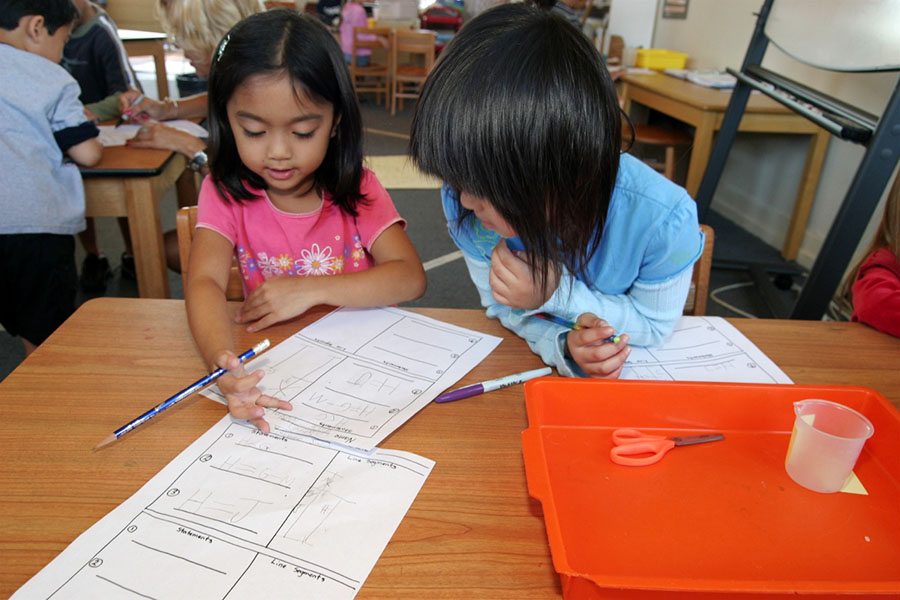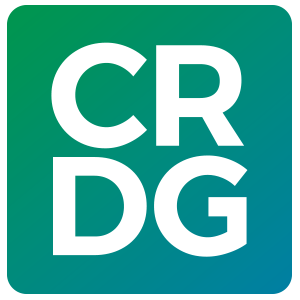
24 Jul Research Looks at Integration of Early Mathematics Learning
Researchers at CRDG began work in 2002 on Measure Up, a unique elementary mathematics program that uses measurement as the basis for developing understanding of algebraic concepts as early as first grade. The program, based on preliminary work by a group of psychologists, mathematicians, and educators in Russia, was developed for grades 1–5 and pilot-tested at the University Laboratory School as well as at another Hawai‘i charter school and a laboratory school in Krasnyarsk, Russia. In 2013, the original class of Measure Up first graders were in the twelfth grade, and members of the original research team began looking at ULS seniors to study how students in their final semester of a college track mathematics program integrated their early understanding of quantitative relationships with recent learning of high school mathematics. The study compared six students who went through the Measure Up program in elementary school with a group of seven students who were selected to match the first group in three areas: seventh-grade achievement test scores in mathematics and language arts, and socio-economic background. All the students were in the twelfth grade and all had completed algebra in the eighth grade and had gone on to complete the same sequence of high school mathematics courses. The assessment instrument created for the study included both independent and small-group work and allowed researchers to analyze the effects of the students’ secondary school mathematics experiences. Preliminary findings provided some insights into how high school students assimilated and accommodated the mathematics concepts they learned throughout their schooling. Further research was planned to explore how later mathematics learning may impose distractions to how students see the structure of basic relationships in equations and in linear representations.




